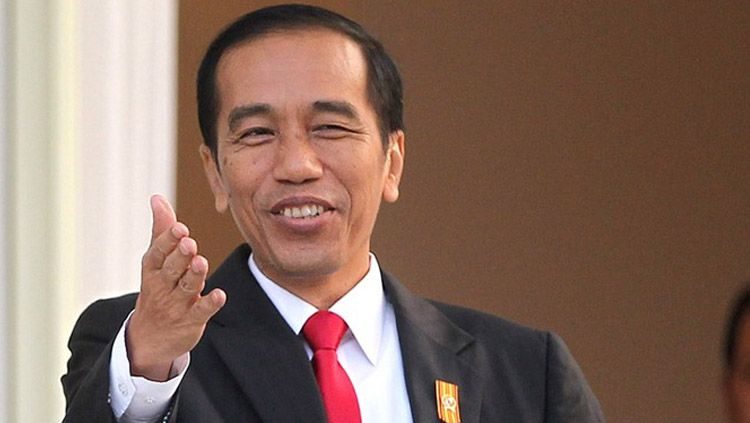Jokowi and the Narrative of Hatred Impersonate Criticism
Author: Grace Septiana
Opinion, suaradewata.com- Adam Kirsch in his essay “How to Live With Critics (Is You’re an Artist or the President) contained in The New York Times said” A critic is just a reader or viewer or listener who makes the question explicit and tries to answer it publicly, for the benefit of other viewers or listeners. No canon of taste authority can compel people to like what they don’t like. In the article, Krich wants to convey that everyone has the authority to like or dislike something, whether it is an object, a person, rules, behavior and so on.
However, these criticisms cannot necessarily be conveyed in harmony and at will, especially if it is impressed as a form of expression of hatred towards someone. Not infrequently, the political elite, society, activists today often convey hateful narratives but take refuge behind criticism and the right to freedom of expression. If the criticism is intended as a solution or correction then the criticism is on the legal and appropriate path. Meanwhile, if the criticism is intended as a suggestion to channel hatred, the criticism actually violates the rights that have been regulated.
President Jokowi, as Wahid’s number in Indonesia, is often the target of criticism from political elites to activists. There are those who criticize to provide corrections and solutions, some also provide criticism to channel their hatred and provoke that hatred is felt by all parties. Recently, President Jokowi has been criticized by some people who hate him, related to his presence on NET.TV. In one of the Net Talkshows held. TV, Jokowi was invited as a resource person and family. The program generally only depicts Jokowi’s family life and the twists and turns of his love life. Unfortunately, a number of people and political elites who did have a motive of hatred immediately pointed to the event as a means of political campaign by President Jokowi.
In fact, in the event, Jokowi did not in the least invite the public to vote for him. In fact, the General Election did not exist in the context of the event. In the final message, Jokowi only conveyed a message of peace to maintain harmony between the diversity of the Indonesian nation. Based on this, it can be seen that those who criticized the event did not aim to convey corrections or solutions but only to build a narrative of hatred and provocation against President Jokowi.
It is this behavior of critics on the basis of hatred that actually injures civilized Indonesian democracy. The event which was actually intended only to explore the uniqueness of the President’s family was precisely politicized as an unfounded critique. Fortunately, NET.TV immediately anticipated the issue so as not to spread and influence other communities. Shortly after the event, NET.TV clarified that it would invite Prabowo and his family to attend the event in order to maintain the neutrality of the media. The clarification of NET.TV, in my opinion, is actually a criticism in the form of a solution to the issues circulating in the community. Furthermore, it would be better, the community and political elites imitate the way of NET.TV in overcoming and giving criticism in order to remain in the corridor of political democracy that is neutral from hatred and partiality.
- FISIP students at the Dharma Agung University
